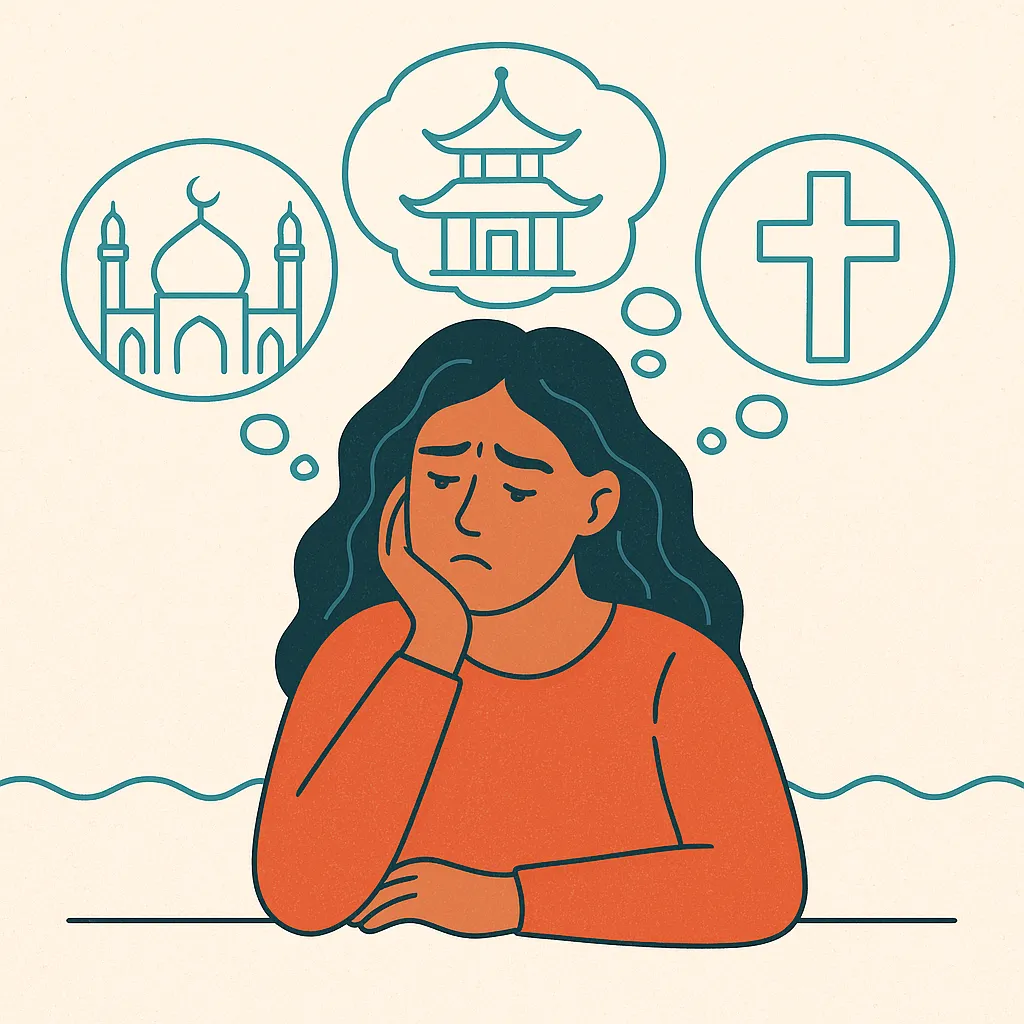Mental health isn’t a one-size-fits-all experience. The way we understand, express, and seek help for emotional distress is deeply influenced by our cultural backgrounds, family traditions, and community values. Yet mainstream mental health services often overlook these crucial cultural dimensions.
Understanding Cultural Mental Health Perspectives
Different cultures have unique ways of conceptualizing mental health. In many East Asian cultures, mental distress might be expressed through physical symptoms rather than emotional language. Latin American communities often emphasize family and spiritual support systems. Indigenous cultures may view mental health challenges as spiritual imbalances requiring community healing ceremonies.
Research from the American Psychological Association shows that cultural minorities are 30% less likely to receive mental health services, often due to language barriers, cultural stigma, and lack of culturally competent providers (APA, 2023).
The Impact of Cultural Stigma
In many cultures, mental health challenges are viewed as family shame rather than medical conditions. This stigma can prevent individuals from seeking help, leading to delayed treatment and worsened outcomes. Common cultural barriers include:
- Family honor concerns where seeking help is seen as bringing shame to the family
- Religious beliefs that frame mental illness as spiritual weakness or punishment
- Gender expectations that discourage emotional expression, particularly for men
- Language barriers that make it difficult to articulate emotional experiences
Building Culturally Responsive Mental Health Approaches
Effective mental health support must honor cultural backgrounds while providing evidence-based care. Key principles include:
Cultural Humility: Practitioners should approach each person’s experience with curiosity rather than assumptions, recognizing that cultural identity is complex and personal.
Integration of Traditional Practices: Incorporating meditation, prayer, art, music, or other cultural healing practices alongside conventional therapy can increase engagement and effectiveness.
Community-Centered Care: Many cultures prioritize collective well-being over individual treatment. Group therapy, family involvement, and community support can be more culturally appropriate than individual counseling.
Language Accessibility: Providing services in multiple languages and understanding cultural idioms for emotional distress improves communication and trust.
Moving Forward: Creating Inclusive Mental Health Systems
The future of mental health care must embrace cultural diversity as a strength, not a barrier. This means training providers in cultural competency, developing culturally adapted interventions, and ensuring that mental health resources reflect the communities they serve.
Mental health is universal, but the path to healing is deeply personal and cultural. By honoring these differences, we can create more effective, accessible, and compassionate care for everyone.
References:
- American Psychological Association. (2023). Mental health disparities in diverse populations. APA Guidelines.
- Sue, D. W. (2019). Race, culture, and mental health. Journal of Cross-Cultural Psychology, 45(2), 234-251.


